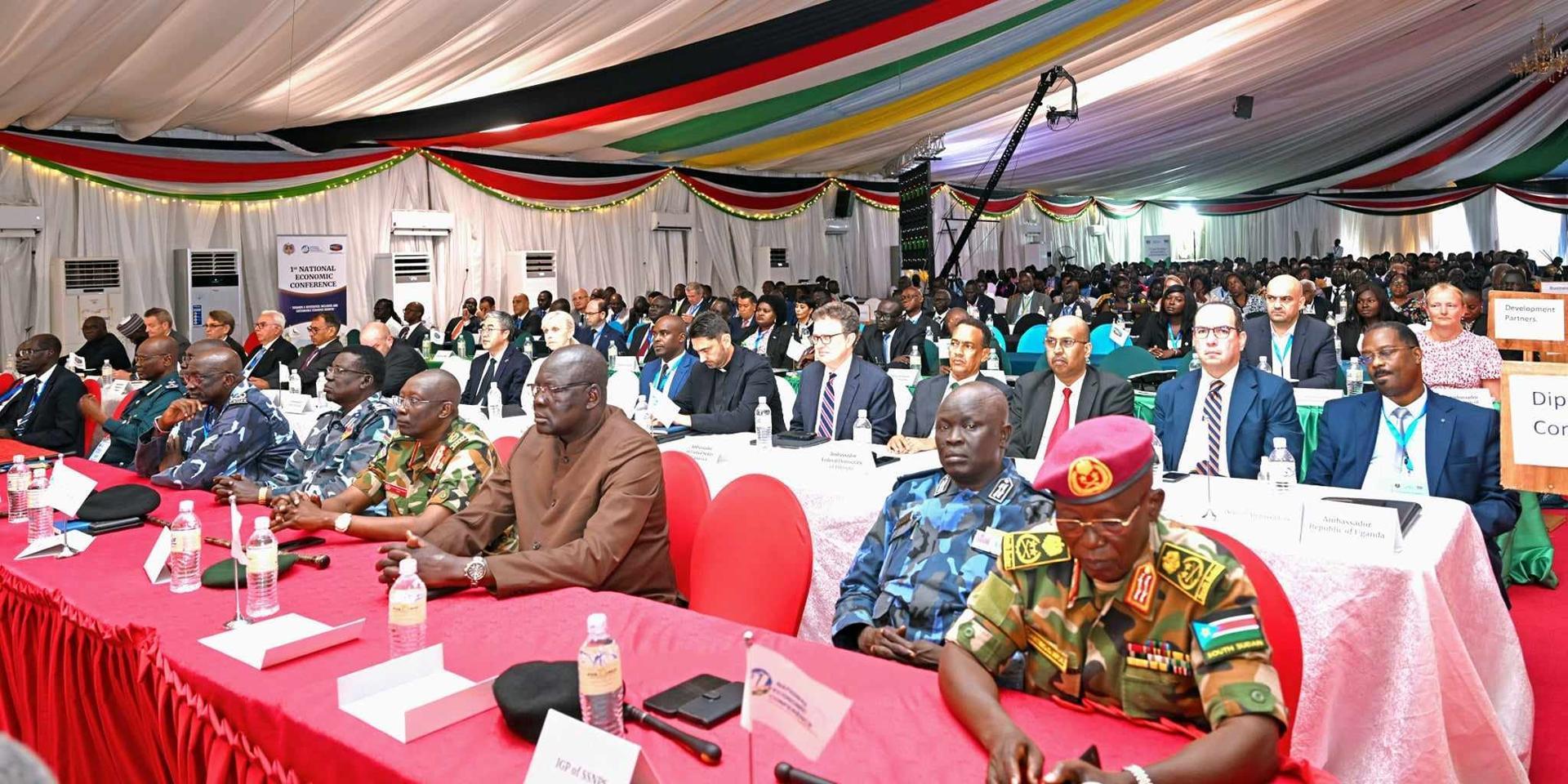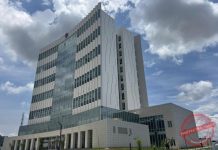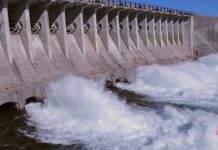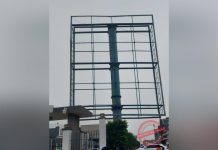Majok Deng
Africa-Press – South-Sudan. The first-ever national economic conference (NEC) which was conducted between September 4 and September 9, 2023, has produced some implementable resolutions. But, there has been a growing fear among the delegates and the public, including some leaders that the resolutions may not be implemented. At the closing ceremony, finance and planning minister, Dr. Bak Baranaba and the president took the opportunity to assure participants that all resolutions would be implemented in letter and spirit.
On the other hand, the government has called on the general public never to expect instant changes after the conference. However, if the government means a real business, then the recommendation regarding the job security for the central bank’s governor and finance minister may offer an early signal that the government will remain faithful to the NEC’s recommendations. That means the government will allow these two constitutional post-holders to hold onto their jobs a bit longer than the usual hire-and-fire strategy that has characterised those institutions over the last 10 years. Essentially, section 15(3) of the Bank of South Sudan Act (2011) guarantees the Central Bank’s chief, and his deputies a five-year term of office. Since the transmission of monetary policy involves long and variable lags, and as international best practice, central bank acts have given central bankers long terms of office for them to implement forward-looking monetary policies.
Despite that, some risks may not be in direct control of one political party especially in a politically divided and polarized society like ours. These included an uncertain political environment. During the closure of Friday’s session, I listened keenly to the statements of the first vice president, Dr. Riek Machar. The FVP’s speech has made me unable to see a light at the end of the tunnel about what the future has in store for South Sudanese. He expressed reservations against rush elections saying it would lead to unfair voting and crisis. Meanwhile, in August 2023, the information minister, Michael Makuei told radio Tamazuj that the country would hold elections with pending tasks, including a population census, as scheduled in 2024.
This high tension amongst politicians has reminded me of the crisis in the build-up to the December 2013 conflict. The war started as a war of words in September of that year amongst politicians until it fanned out as a civil war by December 2013. If the guarantors of the 2018 peace agreement do not intervene to pressure the parties to the agreement to fast-track the implementation of remaining tasks then this country is likely to fall back to war and that will worsen the humanitarian crisis since the humanitarian aid is expected to taper off in 2024.
This is going to be a slap in the face of NEC’s recommendations. The war broke out in 2013 few months after a highly attended investors’ conference in Juba. Therefore, the history is about to repeat itself. This is because of insufficient political will from part of our political leaders since they are fighting for their political interests, not the public interest. If not handled with care, this is the first downside risk that may dent the public confidence cultivated in the conference’s recommendations.
Another risk is that most recommendations especially those given by cabinet ministers were monetised. They were complaining about the lack of funding for their developmental projects from the Ministry of Finance and Planning. That said, ministers have given recommendations that need funding for them to implement. For example, the Ministry of Energy has recommended the construction of the Fulla Dam which will cost South Sudan a whooping $1.5 billion plus $12 million consultancy fees for feasibility studies carried out in 2009 even after the Ministry of Investment developed the national export and investment strategy that requires funding to the tune of $405 million. These are just the tip of the iceberg because most ministers have complained that they only received chapter one of the budget, which cannot be used to deliver basic services and ignite economic growth and development. Therefore, the ball is in the finance ministry’s court. But the real question is, will it be able to meet that requirement within the budget considering the current revenue ratios? The answer is no.
So, the National Revenue Authority (NRA) ought to be given the necessary arsenal to champion domestic resource mobilisation. The NRA must have a strong legal framework and political support to deal with ineffective tax exemption, improve and widen the tax base and tax equity, and limit subsidies to only essential goods and services. However, this is easier said than done because the political will for reform has been short in supply. Those inefficient tax subsidies have been given to companies owned by political elites. There is also a need to balance the allocation of oil resources to all sectors of the economy instead of channeling every penny into road projects. However, this is going to be a difficult fight since the beneficiaries of the so-called oil for road happened to be powerful political elites. If we can use oil resources equitably and efficiently, we can finance all our investment projects from energy, road, agriculture, and other sectors.
Undoubtedly, efficient and rational utilisation of oil resources may seem rigid and uncomfortable to some people but that is what reform could bring to bear. Some people may have to be sacrificed for the greater good. Indeed, all eyes are on finance minister, Dr. Bak Baranaba, as he tries to steer the economy through rough terrain.
Source: The City Review South Sudan
For More News And Analysis About South-Sudan Follow Africa-Press






